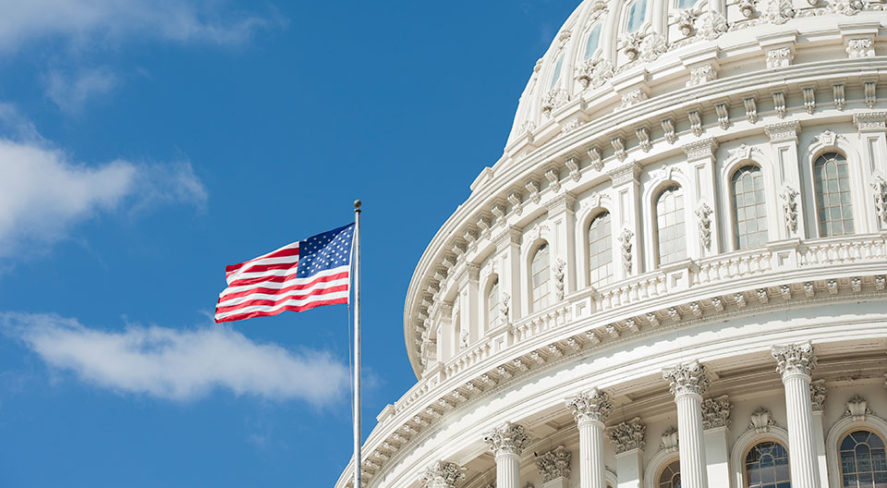SIA Government Relations Priorities Update: July 2025

SIA’s government relations team highlights the latest policy hot topics and how SIA is engaging federally and at the state level on behalf of our members and the industry.
The Security Industry Association (SIA) government relations staff and members have been working diligently to continue both our federal and state advocacy. This year, SIA has tracked over 250 bills on the state level, ranging from facial recognition to data privacy to license plate readers to right to repair. While some states are still in session, such as California and New York, most states legislative sessions have ended, and many will not reconvene until January 2026. Throughout this year’s sessions, SIA engaged directly with representatives and/or their staff on over 30 bills, ensuring that they are industry friendly.
A major hot topic this year in the state legislature has been right to repair, the idea that a consumer who buys a product should have the right to repair, modify and maintain their own devices and equipment, without being forced to rely only on the original manufacturer. SIA supports finding effective ways to extend the life cycle of consumer electronics and reducing electronic waste, but when right to repair legislation is applied too broadly the integrity of security and life safety systems is unnecessarily put at risk. If manufacturers are forced to make sensitive technical information and other means of compromising these systems broadly available to the public, it enables both exploitation by bad actors and harm from inadvertent misuse. State policymakers throughout the U.S. have acknowledged the need to address these potential risks to public safety, through exclusions for security and life safety systems included in recent right to repair laws in states such as Pennsylvania, Nevada, Oregon and Washington.
We are also advocating at the state level to protect security uses for facial recognition technologies. Back in April, SB25-143 was signed into law. The bill originally proposed a total ban on facial recognition technology in all schools, K-12, throughout the state of Colorado. This bill faced very strong opposition from the get-go, not only from SIA, but also from various education and technology experts who argued that the technology is crucial for certain education programs as well as school safety. Throughout 2023 and 2024, SIA was a part of a coalition of various school associations and experts who advocated for industry exemptions in the bill. SIA’s Jake Parker met with the bill sponsors back in March 2025 at the capitol in Denver to discuss the measure as well as the needed exemptions. As a result of these efforts, SB25-143 as passed by the legislature authorizes school districts to use facial recognition technology for educational purposes approved by local school boards, as well as for narrowly defined school safety and security purposes. Those purposes include 1) alerting staff to the presence of individuals who have made threats of violence against a school, 2) helping to immediately locate missing children on school grounds or help determine their whereabouts and 3) providing alerts to staff in common situations where specific individuals are prohibited from entering school grounds under a court order or district determination.
In another SIA success story from this year, on June 10, 2025, the Minnesota House and Senate passed HF 4, the state’s annual budget measure, which not only averted a government shutdown but also reversed an environmental law provision banning the sale of metal keys. Back in 2023, Minnesota passed a law which restricted the lead and cadmium content to essentially zero for certain products like cookware and children’s toys in order for them to be sold in the state. While intended to address sources of lead exposure in children, the law included an unnecessarily broad range of products, banning the sale or distribution of mechanical keys due to the tiny amount of lead found in brass, the metal alloy essential to manufacturing keys and lock cylinders. Since then, the far-ranging effect of including these products – making new keys (and thus keyed locks) completely unavailable to Minnesotans – became very clear. SIA led a security industry request to House and Senate conferees negotiating a final agreement on the budget urging lawmakers to include this provision, also helping explain the issue in the Duluth News Tribune. Under the bipartisan agreement in HF 4, keys will be exempt from the current requirements for three years, after which the lead or cadmium content will be limited to 1.5%, matching the California standard for brass used in keys that is widely adopted for many industry products. Keys and locks that are already in use will not be subject to the new limits, and enforcement will be strictly on new products once the law takes effect.
